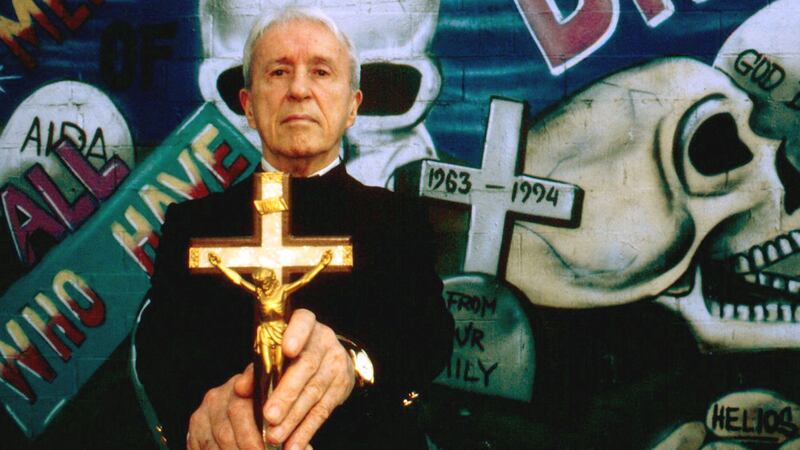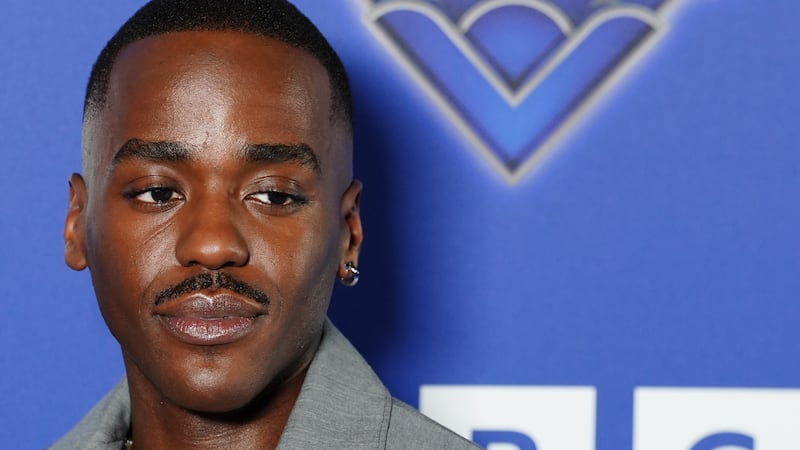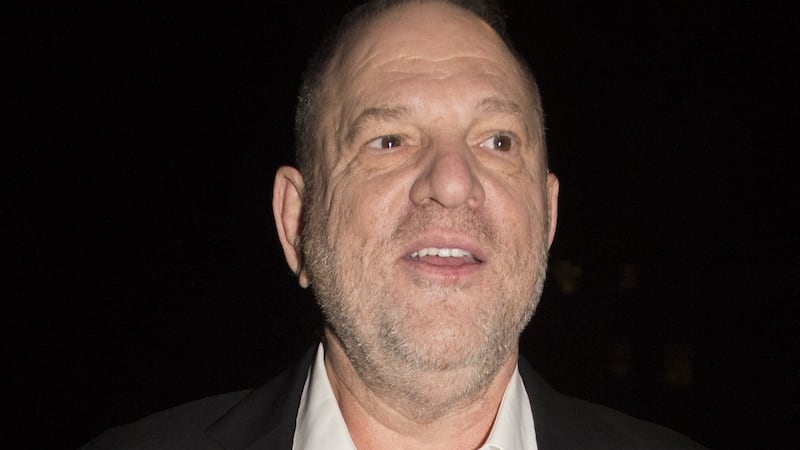HELLO, Rachel. What does it mean for Hostage To The Devil now that Netflix have got behind it and why did you want to get involved with the making of the film?
It means it's now out in the greater world and available everywhere. You can watch it at night, with the lights off – or during daylight, as some people I know have been doing.
I don't know if it's a specifically Irish thing, that the veil between the living and the dead seems to be thinner in this country maybe, but I've always been fascinated by things that I can't understand.
When I was growing up we'd have ghost stories and we'd egg each other on in terrifying one another, and you'd always hear stories about some teenager who got into difficulty while using a Ouija board.
The subject matter is so appealing. Those big epic questions about life, death and the spirit world – is God real, is the devil real, are people faking being possessed? – can't be answered and that's why people will keep debating them. I hope that Hostage To The Devil is feeding into that.
In fact, while making the film I had the pleasure of bridesmaiding for many of my friends, so I was having the best conversations about exorcisms with the priests at all these weddings – in hushed tones, obviously.
How did yourself and your production company Underground Films become involved with the film?
I was at the Cannes Film Festival about three years ago having very dark and mysterious conversations in the blazing French sunshine with Chris Patterson and Paddy McCarney of Causeway Pictures, who are the two other producers on the film.
They had been doing a good bit of research with the director Marty Stalker into Malachi Martin and had unearthed this treasure trove of audio archive. They were looking for a creative and financial partner to get the film off the ground and get it going.
And so, between us, that's what we did. I worked on writing the script as well as producing it, so I got to listen to 24 hours worth of amazing audio interviews with Malachi as well as audio-visual footage and interviews with our contributors.
Believe me, spending an entire day watching and listening to an exorcist talking about his work colours the mind for quite a while.
Did you know about Malachi Martin before making the film?
I had heard of him before and knew a little about the Martin family – like his brother FX Martin (a priest, activist and Irish historian) had been very important in the campaign to save the Viking archaeological site at Wood Quay in Dublin when they were building city council offices there.
But with Malachi, once you scratch the surface, it's just a total rabbit hole.
You find all these incredible stories about him. He is so well known online and within the paranormal community and has worked with and been an influence on so many of the key 'players' in that area.
Some argue Martin was no longer a priest after he left the Jesuits in 1965 and would not have had authority to carry out exorcisms while living in the US. Was it hard to establish the basic facts of his life?
It was. He's a really controversial figure and it's really difficult to make a film about someone posthumously, who you can never interview. Even down to the final days of our edit, we were still trying to ascertain even simple facts like his claim that he had been released from two of his three vows as a priest, obedience and poverty.
And yet he said Mass every day and was carrying out exorcisms, so he was for all intents and purposes continuing to be a priest.
That's one of the reasons there was so much debate surrounding him – was he "a charlatan" as The Exorcist author William Peter Blatty claimed, or was he a "warrior for Christ" as many of his supporters would claim.
All the priests we spoke to said that would be very unusual and none of them had ever heard of it. So we were on to the Jesuits [at the community's Irish headquarters in Dublin] for months and months trying to get a definitive answer on whether or not this was possible.
About three days before we finished the edit they came back to us to say that, as far as they were concerned, he was no longer a member of the Jesuit order after 1965. But whether or not that means he was no longer a priest, I still don't know. If he wasn't, did he have any sort of spiritual protection as to what he was engaging in – or was he just a myth maker?
Did you try to contact the families for whom he claimed to have performed exorcisms?
Exorcisms are often quite secretive affairs – fake names are given, neutral venues are used and so on. So it was quite difficult to track people down afterwards to find out what happened. But we had tried to track down the little girl who was the subject of his final exorcism in 1999, which his supporters claim led to his death shortly afterwards.
We were able to get footage of the girl eight years later when Ralph Sarchie (ex-cop religious demonologist and die-hard Malachi Martin believer) assisted at another exorcism but we weren't able to find out what happened to her after that. We've heard she later took her own life, but we've also heard that she's alive and well and fine now. Unfortunately we weren't able to get a definitive answer to put it into the movie.
Having studied him so extensively, what conclusion about Malachi Martin did you come to. Was he the 'real deal'?
I actually don't know, which is not a very helpful answer. He's such an enigma. Although he left so much behind – his archives, his interviews and his 17 published books – you're never going to get the full picture about who a person was from talking to other people.
So I think Malachi remains a mystery, but certainly he gave support and help to those who asked him for it. I think in that sense, he was doing the work that he set out to do.
Perhaps if he had done it with less showmanship or with less public persona, maybe his detractors would be less critical.
:: Hostage To The Devil is available on Netflix now.




